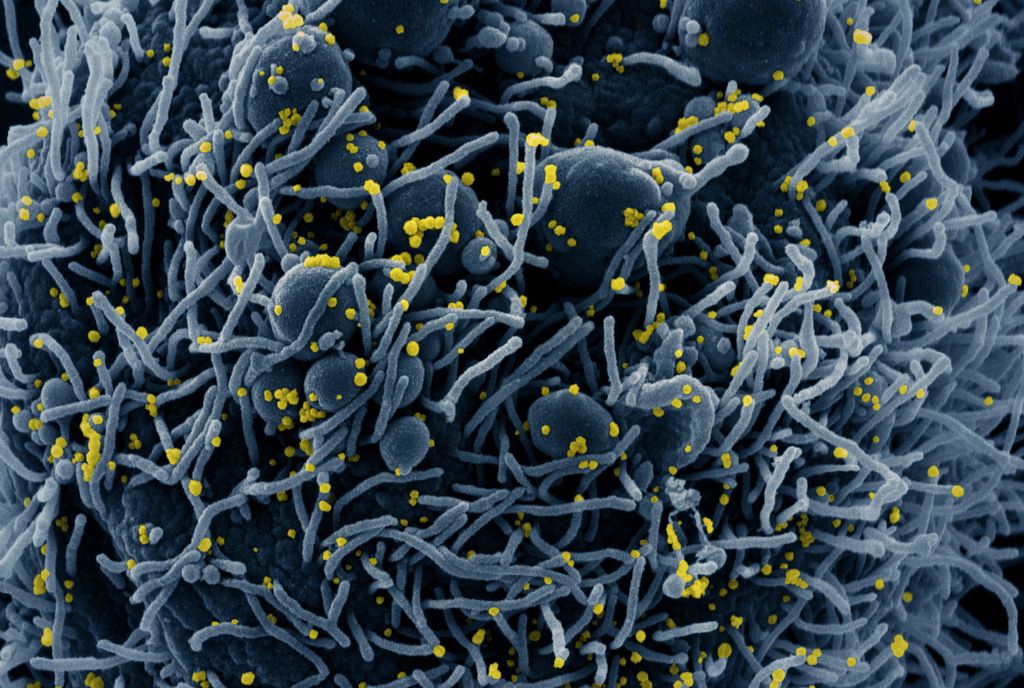
Battling
COVID

In early 2020, scientists at NIH and around the world had quickly sequenced the new SARS-CoV-2 virus and began creating effective tools for stopping it. But then came the Beta variant. Gamma, Delta, and, most recently, Omicron variants followed. Each successive wave of the coronavirus caused death and disruption across the globe and threatened to diminish the effectiveness of newly available COVID-19 vaccines and therapies.
The urgency of tracking and studying these variants became painfully clear. While a variety of platforms were and continue to be used by different countries to sequence and share virus data, the FNIH and NIH recognized early on that a coordinated, global perspective is essential to understand the evolution of the virus and the impact of variants on therapeutics and vaccines.
In January 2021, the FNIH convened government agencies, academics, and private partners to establish the Tracking Resistance and Coronavirus Evolution (TRACE)opens in a new window initiative. Through genomic surveillance, data sharing, and assessments of treatment responses to new virus strains, TRACE standardizes and consolidates data from genetic databases worldwide to monitor and test COVID-19 variants. TRACE also assesses vaccine and therapeutic resistance and evaluates the impact of genetic variation on viral biology and on the clinical approaches for preventing and treating illness.
TRACE has successfully compiled all of this critical information into one clear, publicly accessible platformopens in a new window at the NIH’s National Center for Advancing Translational Sciences and is rapidly sharing data on COVID-19 variants with the entire global scientific community.
Looking Ahead
In 2021, the FNIH supported a series of high-level consultations with experts from global health law, financing, biomedical science, prominent international organizations, and others to inform the international community on the potential for a global pandemic treaty.opens in a new window The FNIH also hosted a public forum among thought leaders from the World Health Organization, NIH, FDA, Pfizer, and the Chicago Community Trust on how the COVID-19 response is shaping the future of science.opens in a new window
These efforts were made possible by The Judy and Peter Blum Kovler Foundation and by the FNIH Pandemic Response Fund, which supports NIH and FNIH efforts to accelerate research on COVID-19 vaccines and treatments, end the threat from COVID-19, and prepare the United States to defend against future pandemics.